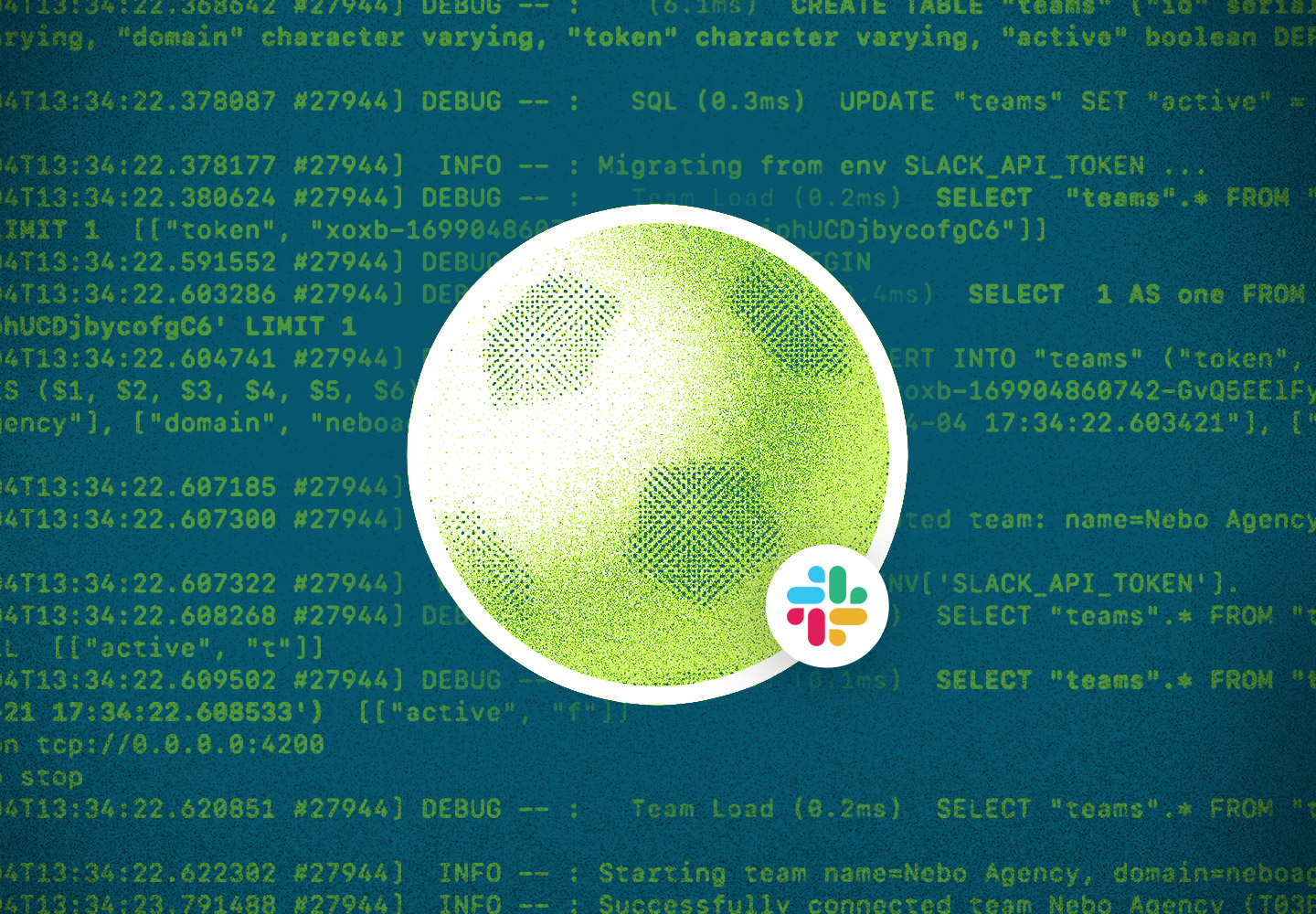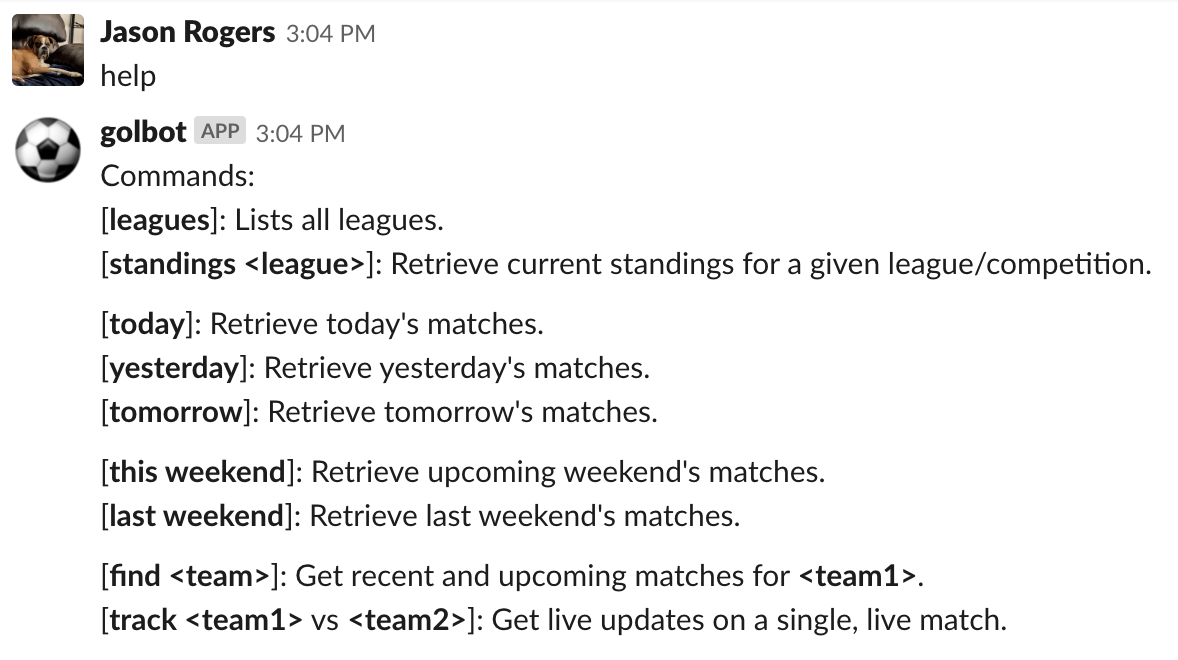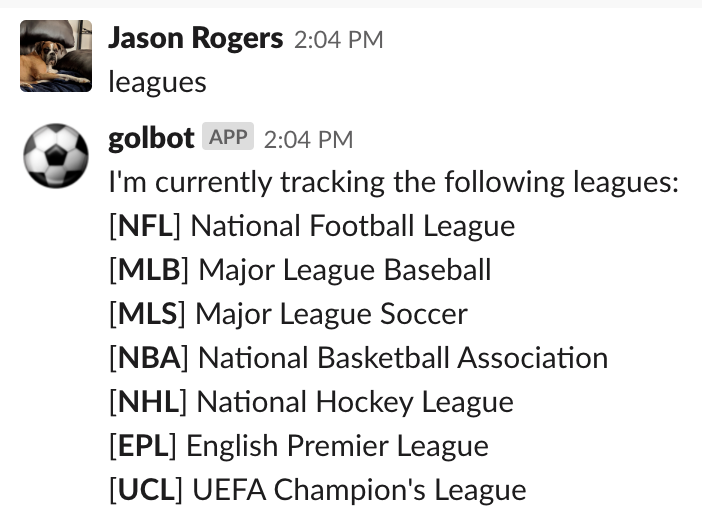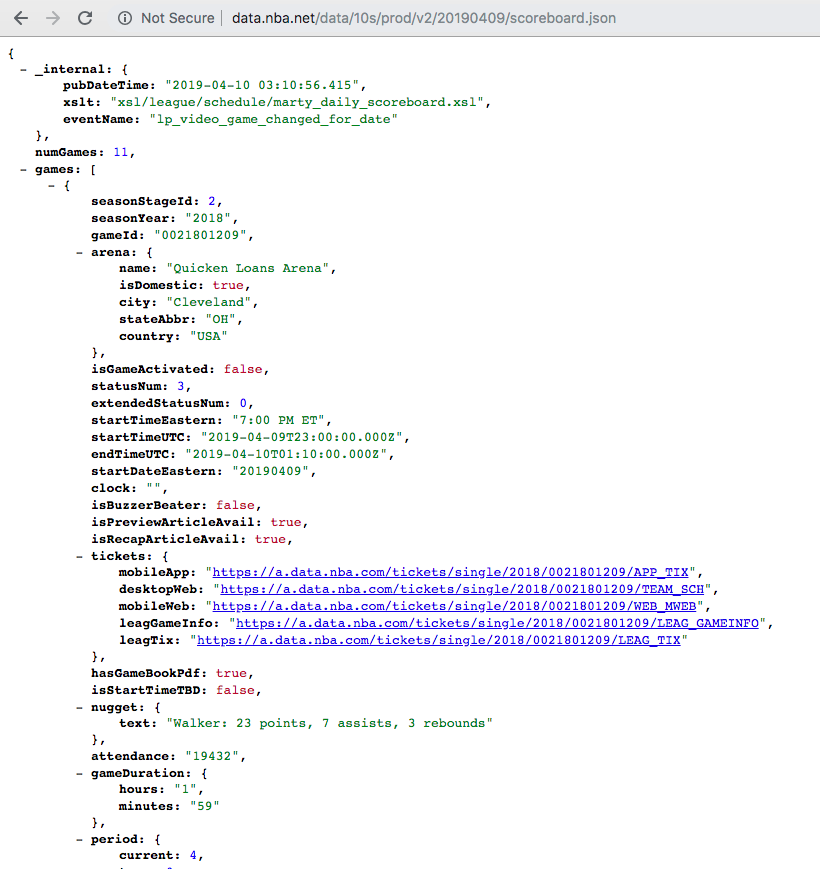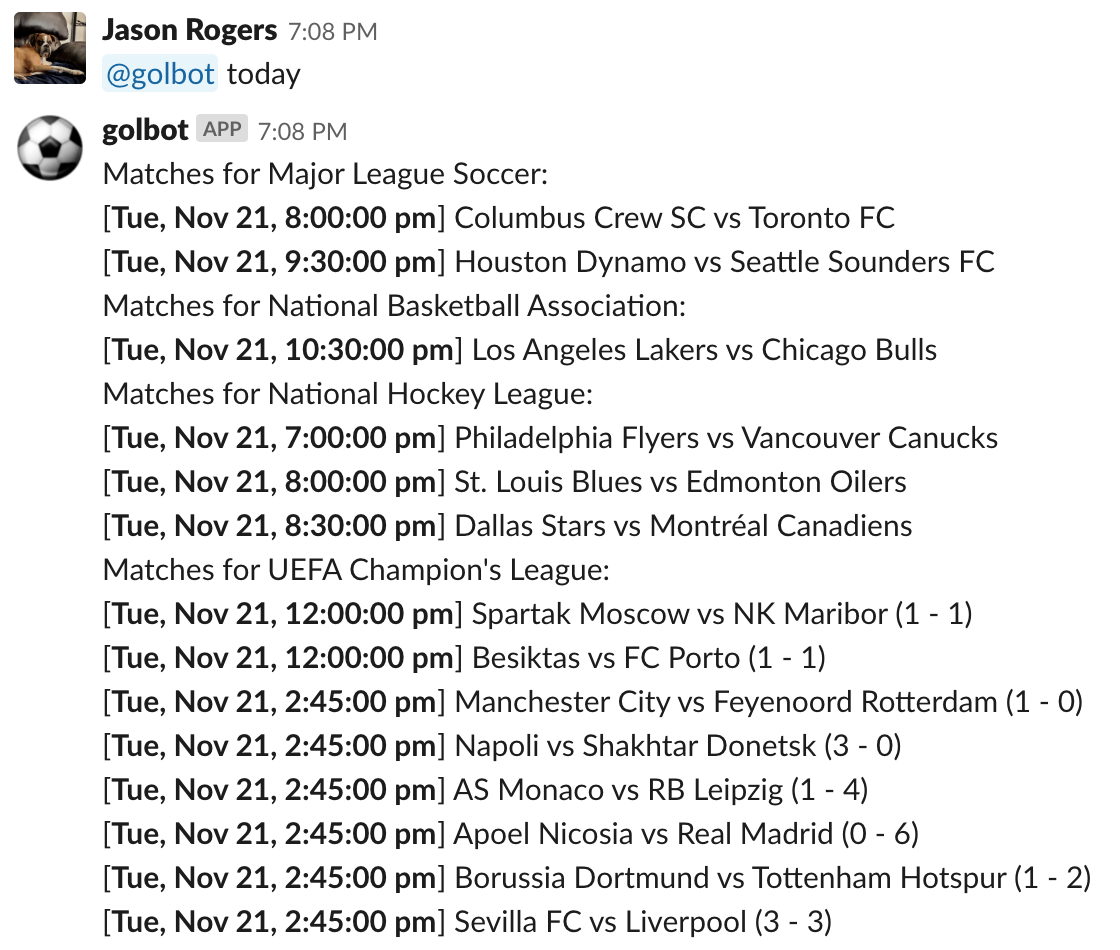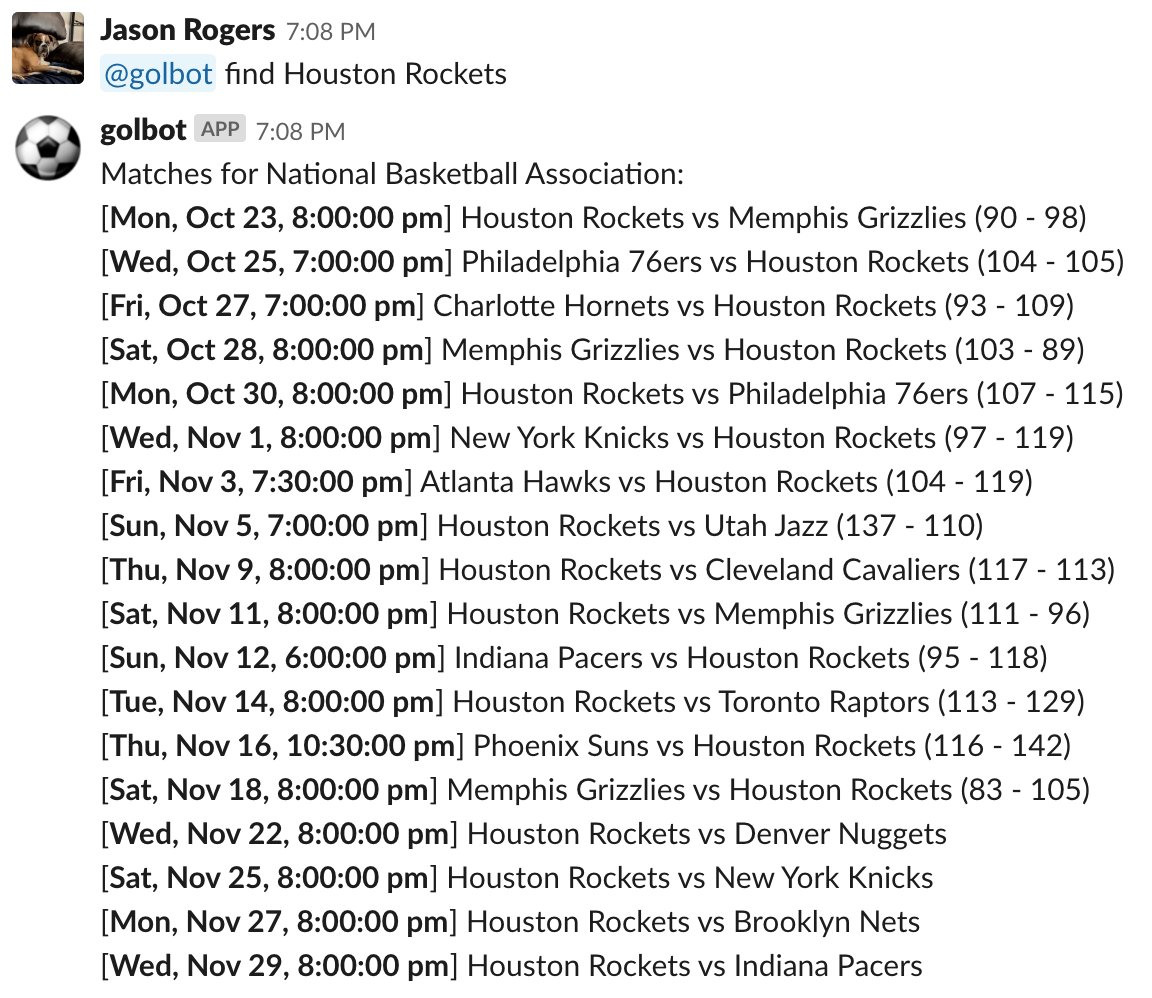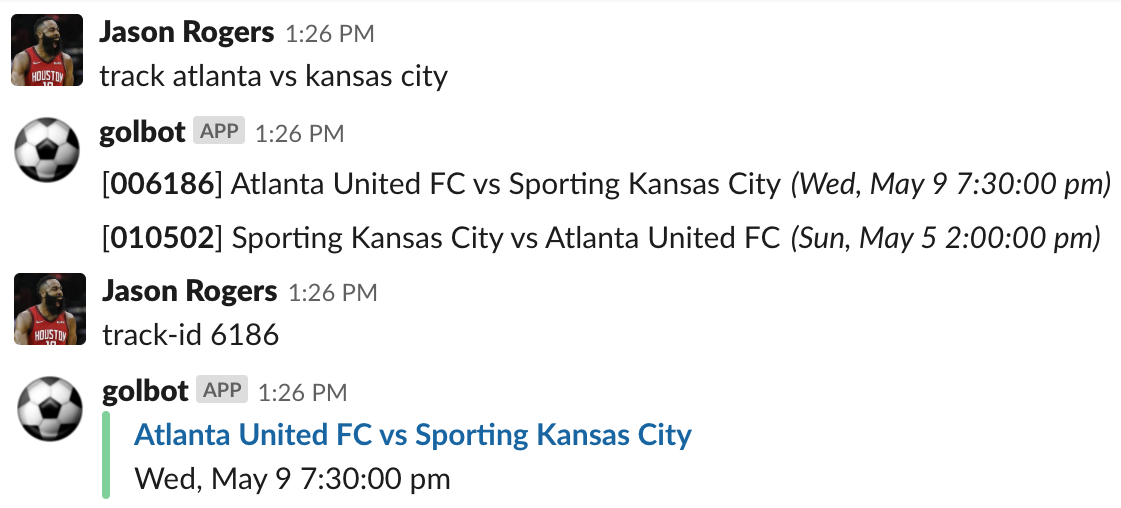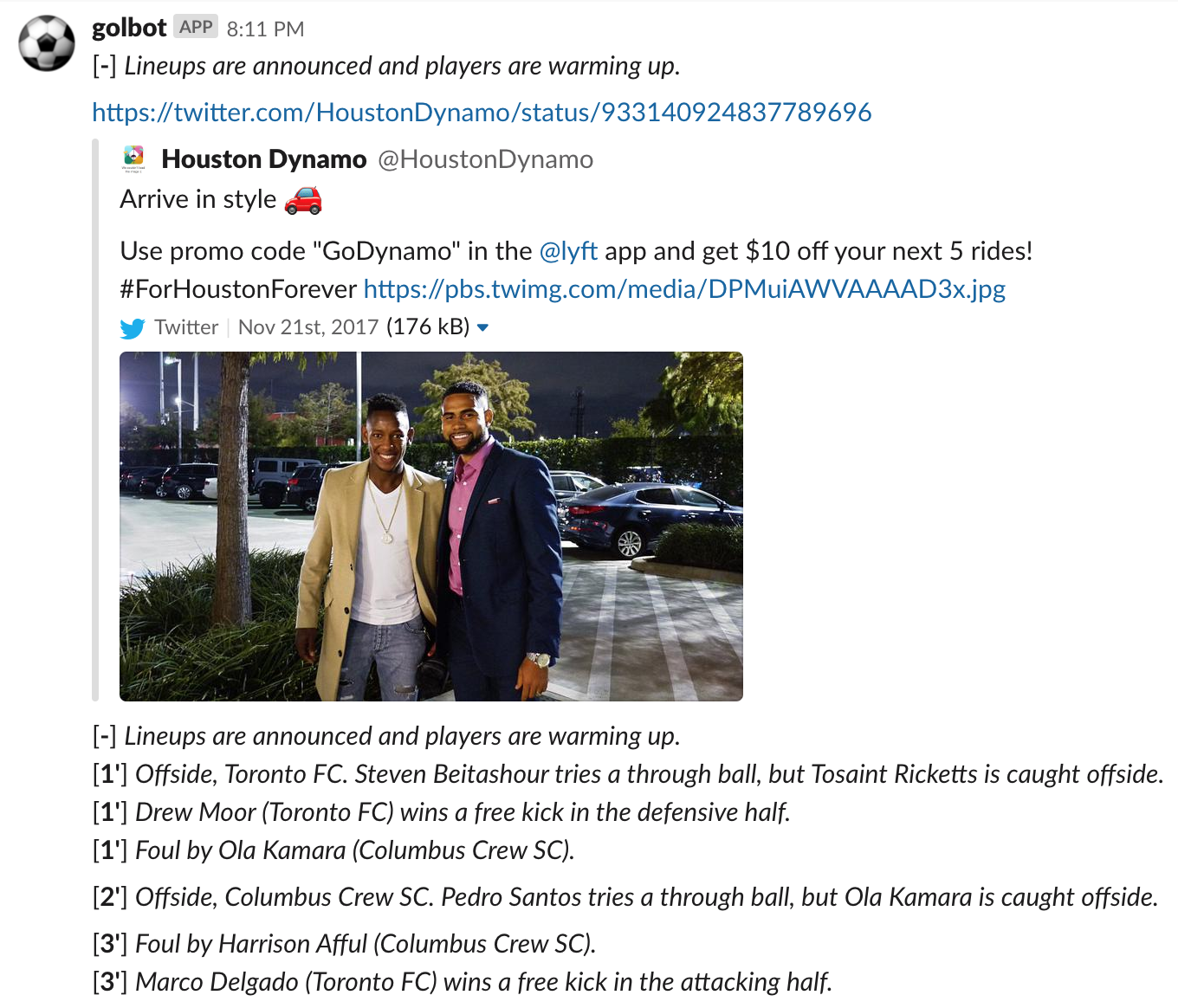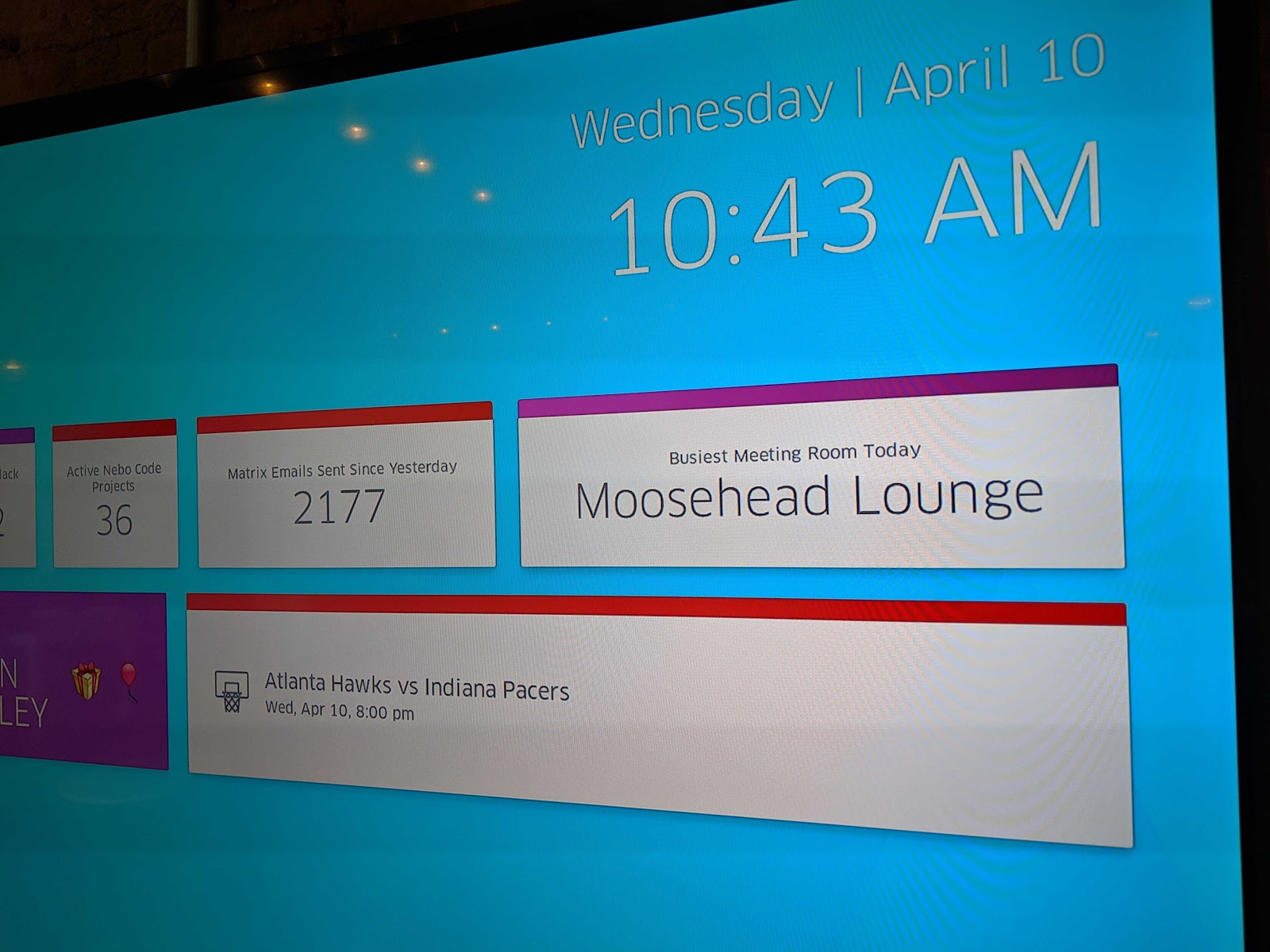Let’s assume you’re interested in a few different sports: the NFL, NHL, and English Premier League.
On Monday morning, you may want to check all the scores from the weekend. One option would be to go to a sports-related website (ESPN, for example) and browse the respective sections for each of those leagues.
Before you know it, you’ve clicked dozens of times, absorbed tons of information you weren’t really looking for, and, hopefully, have found all the relevant scores from last weekend.
Of course, you could create an account, and, most likely, I assume, services like ESPN would allow you to reorganize your homepage/dashboard in a way that shows you the sports you’re interested in.
There has to be a better way.
